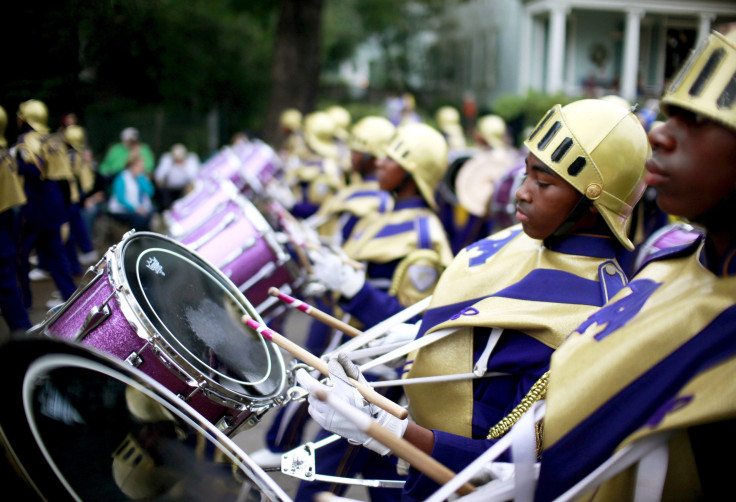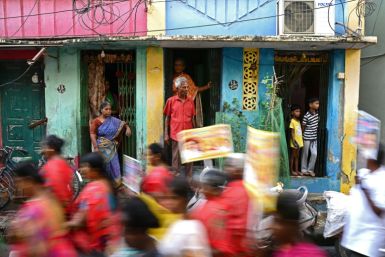Mardi Gras 2016: How Christians Celebrate Fat Tuesday

Tuesday marks the annual celebration of Mardi Gras, and for many people that means beads, hurricane drinks and a big party in New Orleans. Mardi Gras’ roots actually lie in the Catholic calendar, however, and it is considered the last big celebration before Lent begins on Ash Wednesday.
Mardi Gras occurs the last day before the beginning of Lent, a roughly six-week period of fasting and repentance leading up to Easter. Traditionally, Mardi Gras was celebrated by Christians by eating the last of their rich foods before that long period of discipline and repentance, giving the holiday its name, which translates from French to “Fat Tuesday.” Rich foods including eggs, meats, oils and butter were traditionally prohibited during the 40 days of Lent.

Mardi Gras is considered to be the pinnacle of what is known as the Carnival season. Carnival refers to the several weeks between Epiphany, which occurs on Jan. 6, and Mardi Gras. Epiphany -- also known as Twelfth Night and Three Kings Day -- kicks off the Carnival season, which consists of weeks of parties leading up to Mardi Gras. In earlier times, the Rome Carnival was a major factor in the development of dance, theater and music. Carnival celebrations now take place in cities all over the world, including New Orleans, Rio de Janeiro and Venice.
Due to the holiday’s roots in Catholicism, the official colors of Mardi Gras were chosen to reflect a variety of values; purple as a symbol of justice, green representing faith and gold as a symbol of power. The name “Fat Tuesday” also stemmed from the tradition of slaughtering and feasting upon a fattened calf on the last day of Carnival. Other names for the holiday include Shrove Tuesday, coming from “to shrive” or hear confessions, and Pancake Tuesday, originating from the custom of making pancakes to use up fat, eggs and dairy before Lent begins.
© Copyright IBTimes 2024. All rights reserved.












